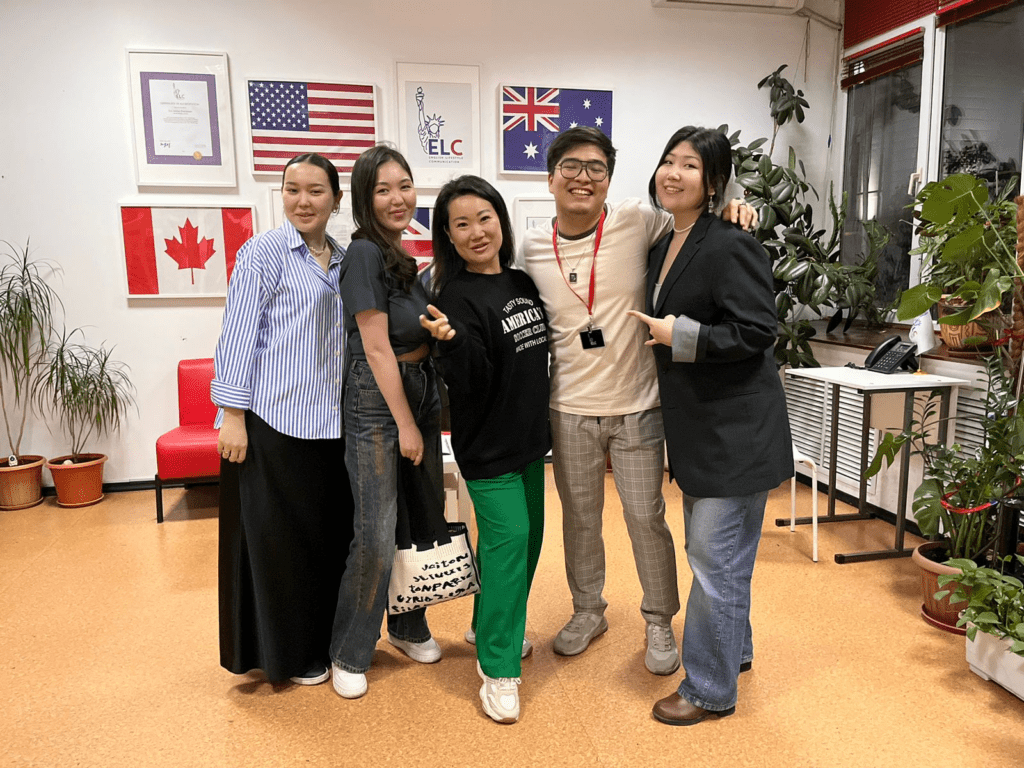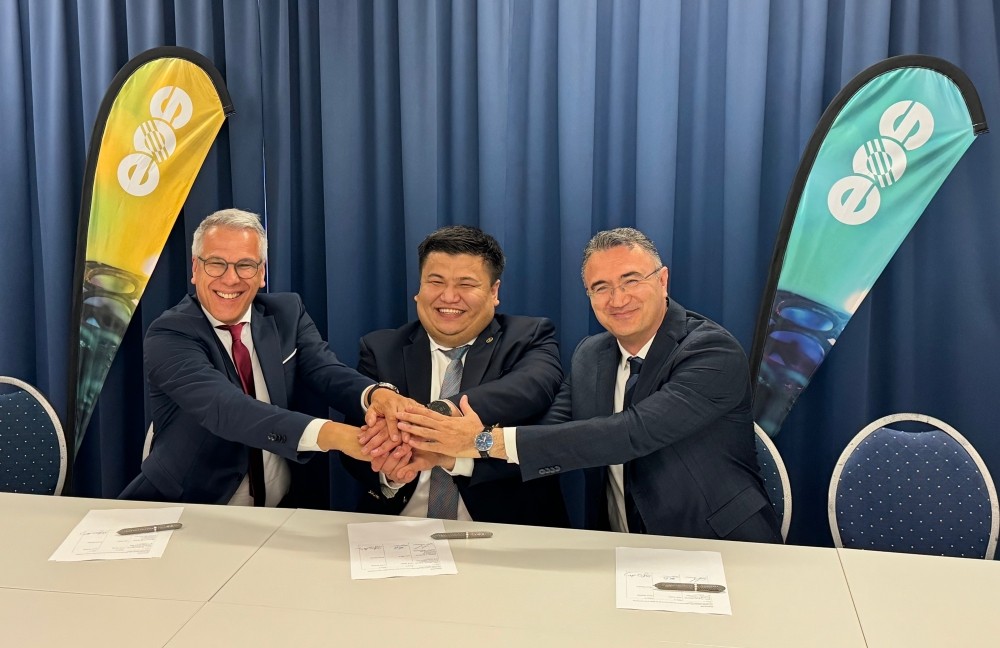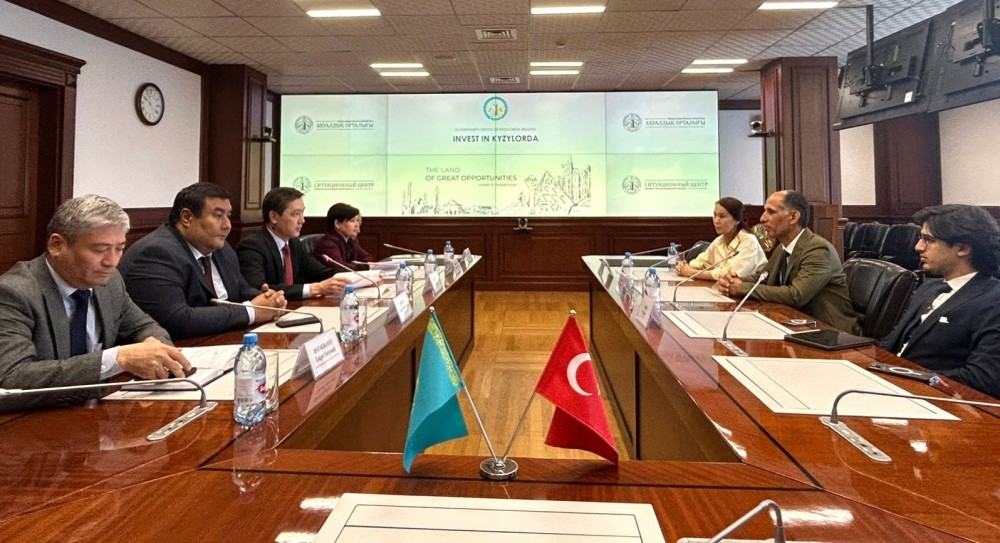Learning English: A Growing Trend in Kazakhstan
In 2023, the international company Education First conducted a survey to assess the level of English language proficiency in 113 countries. Ranked 104th, proficiency in Kazakhstan was deemed startlingly low. This year however, the situation is set to change with a growing trend to embrace the English language. What are the reasons behind this and what factors have contributed to the increased interest in English? TCA talked to young teacher and polyglot, Sanzhar Uvashev to learn more.
TCA: How would you rate the level of English language skills among the younger generation in Kazakhstan today?
Uvashev: I would state that the level of English proficiency amongst our youth alone is at six out of ten. However, parents, increasingly aware of its importance, are investing in English courses, and teenagers themselves are reaching out, wanting to learn the language. It’s also worth noting that courses at one of the best universities in Kazakhstan, Nazarbayev University, are taught almost entirely in English.
TCA: What factors, in your opinion, are contributing to this growing interest in learning English?
Uvashev: American pop culture plays a very big role, particularly memes and popular TV shows. Netflix, for example, dubs TV series into Russian less and less often. As a consequence, I’ve noticed that among my friends, almost everyone watches either in the original language or with subtitles. Anglicisms are fast becoming integral to everyday conversations, especially in Almaty, so much so that it’s now impossible to imagine conversing without using English phrases.
TCA: Can you describe the main changes or trends in English language learning among students over the last few years?
Uvashev: Over the past few years, many people have become more proactive in learning English in order to go abroad. We also we have more tourists, so communication with foreigners on our soil adds to the level of interest.
TCA: What are the main advantages of English language skills for young people in Kazakhstan today?
Uvashev: English opens up opportunities for young people wishing to go abroad. In addition, learning a new language expands boundaries, making people more tolerant and open-minded.
TCA: What difficulties do students face in learning English and how can they be overcome?
Uvashev: Even though many of us know English, it’s not our first means of communication. As a result, everyone has problems practicing their language skills and many find it hard to overcome their shyness.
TCA: What, in your view, are the most effective methods of learning English, especially with reference to Kazakh culture and language?
Uvashev: To my mind, exposure to pop culture, engaging with videos that match the interests of students, and playing video games are the most effective and modern methods of learning English. But the most universal of all, of course, is practice in speaking the language.








